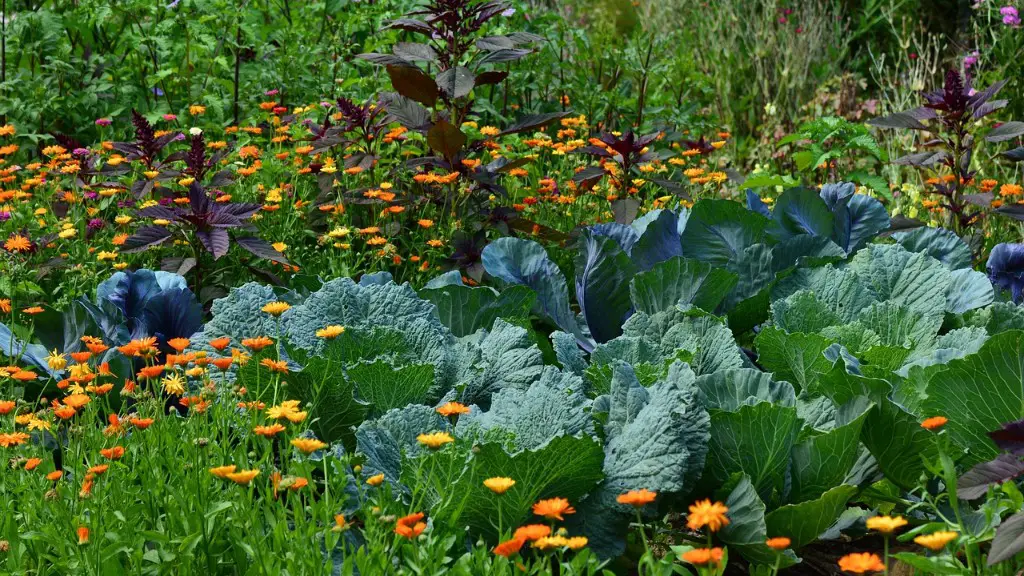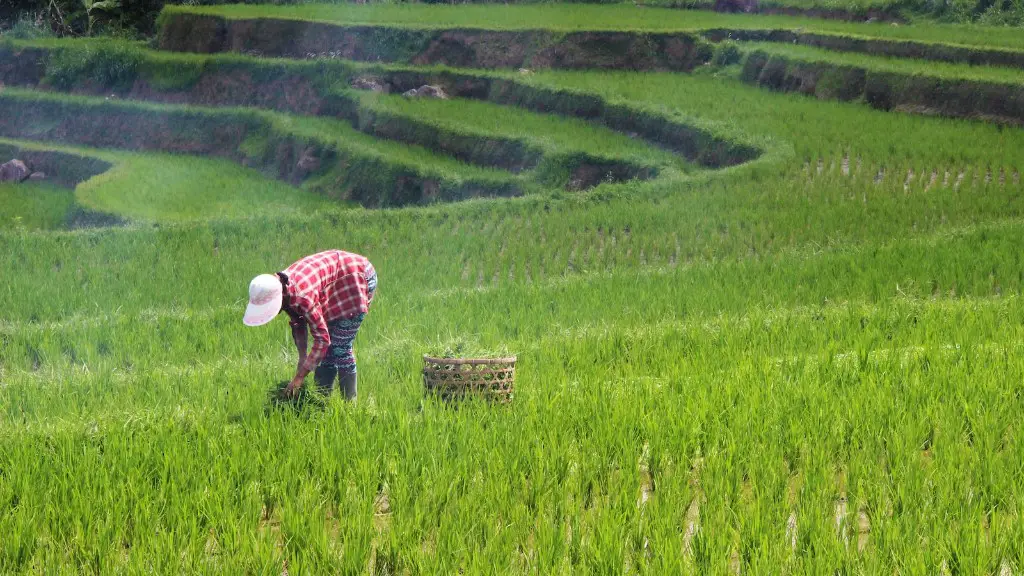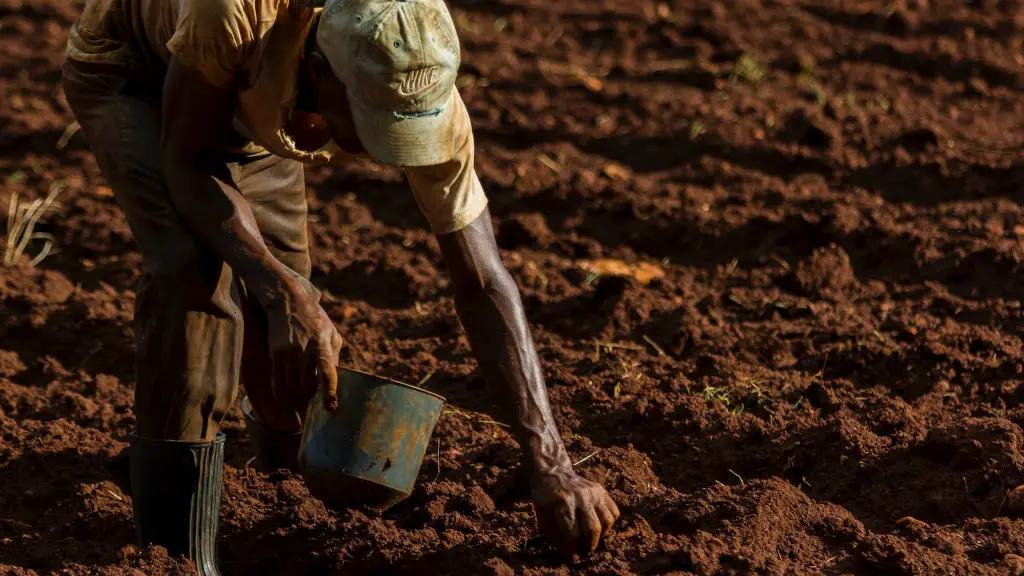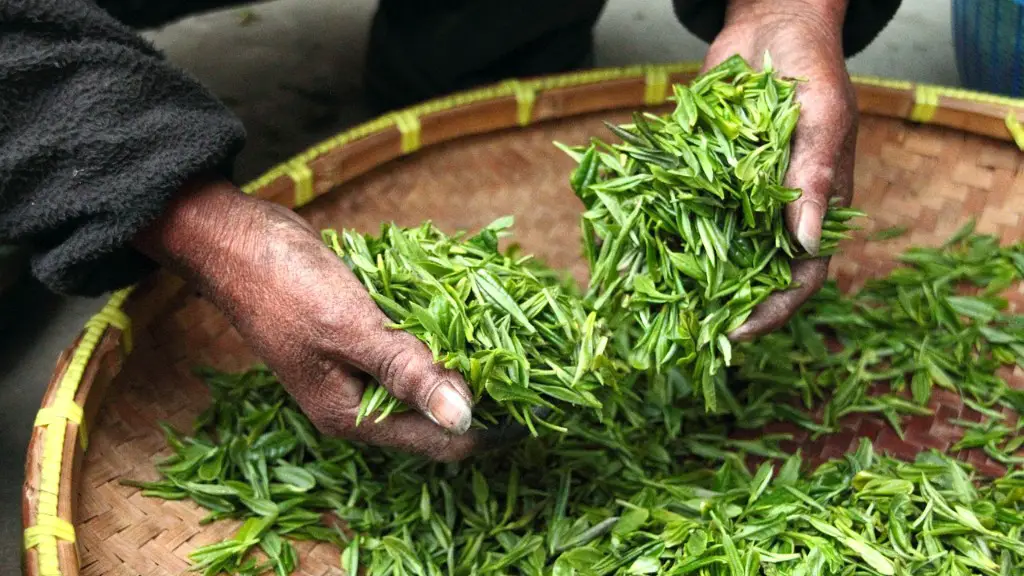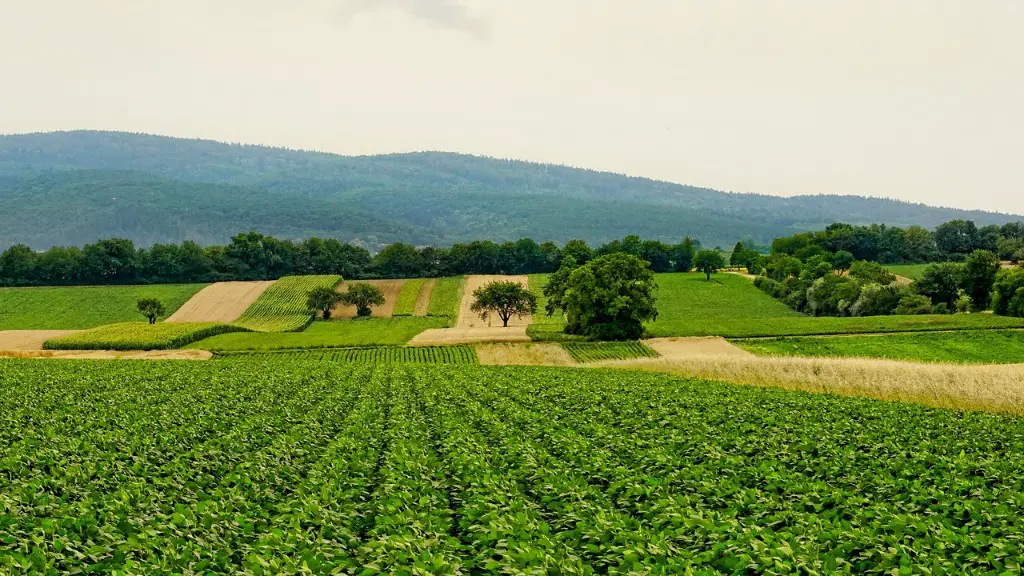Fair trade agriculture is a term used to describe a type of agricultural trade that is considered to be more just and equitable than traditional trade. In fair trade agriculture, farmers and workers are paid fair prices for their products, and are given better working conditions and benefits. Fair trade agriculture also generally supports sustainable practices, such as organic farming.
According to the World Trade Organization, fair trade agriculture is defined as “agricultural products that have been traded in compliance with the agreed international standards.” These standards are designed to protect the rights of farmers and workers, and to promote sustainable development. Fair trade agriculture is an important tool in the fight against poverty and exploitation, and is an essential part of the global effort to promote fair trade.
What is Fairtrade farming?
Fairtrade is an international organization that works to make trade fair for farmers and workers. Together with Fairtrade farmers and workers, we have a vision of a world in which trade is based on fairness so that producers earn secure and sustainable livelihoods. We work with farming co-operatives, businesses and governments to make this vision a reality.
Fairtrade is an organisation that works to ensure that farmers and other workers in developing countries are paid a fair price for their products. This means that they can earn a decent living and support their families.
Bananas, coffee, chocolate, tea, flowers and sugar are all examples of Fairtrade products. This means that the farmers who have grown these crops have been paid a fair price for their efforts.
When you buy Fairtrade products, you are helping to support these farmers and their families. You are also helping to ensure that they can continue to grow these crops and provide us with the food and drink that we enjoy.
What is the main purpose of Fairtrade
Fairtrade Standards are a set of international standards that set minimum requirements for the way farmers and buyers trade with each other. The standards aim to ensure that farmers receive a fair price for their products, that workers’ rights are protected, and that producers have the opportunity to build thriving farms and organizations. The standards are developed and overseen by the Fairtrade International organization.
Fairtrade provides farmers with a safety net of guaranteed prices and contracts. This gives farmers the stability they need to plan for the future and invest in their farms. As a result, farmers are able to produce higher-quality crops and sell more. This leads to increased economic benefits for farmers and their families.
What is Fairtrade in simple terms?
Fair Trade is a great way to ensure that marginalized producers and workers in the South are getting better trading conditions and securing their rights. This trade partnership is based on dialogue, transparency, and respect in order to achieve greater equity in international trade. By doing so, Fair Trade contributes to sustainable development overall.
Fairtrade is an international movement that believes in the elimination of poverty by paying farmers and workers in developing countries a fair price for their produce and labor. The organization puts fair prices first because they believe that farmers and workers deserve a decent income and work conditions. Fairtrade is committed to working with farmers and workers to help them get a fair price for their products and labor. The organization also works to educate consumers about the importance of fair trade and to promote the purchase of fair trade products.
What are 5 products that are Fairtrade?
Fairtrade is a certification system that sets standards for ethically-produced products. Farmers and workers who meet these standards are paid a fair price for their products, and the Fairtrade label provides consumers with a way to identify these products.
Some of the most popular Fairtrade products are bananas, cocoa, coffee, sugar, tea, cotton, and fruit/juices. Learn more about these products below to see how Fairtrade is making a difference for farmers and workers around the world.
You can support a healthy diet and sustainable farming through one simple decision to purchase Fairtrade vegetables. A wide variety of Fairtrade vegetables, roots, tubers and pulses are available, from artichokes to zucchini and cassava to palm hearts. Buying Fairtrade vegetables helps to ensure that farmers receive a fair price for their products, and that they are able to invest in sustainable farming practices.
Does Fairtrade mean sustainable
Environmental protection is a key element of Fairtrade’s view of sustainability. The Fairtrade Standards require smallholder farmer and larger hired labour production set-ups to comply in key areas, including the use of environmentally friendly practices. The Standards also promote training for farmers, which can include advice on switching to environmentally friendly practices. This helps to ensure that Fairtrade-certified products are produced in a way that is sustainable and environmentally friendly.
Fairtrade is an important movement that supports workers rights, racial equality and gender equality. All of this improves social mobilities for fair trade farmers, workers and miners. This is a vital part of creating a more just and equal world.
How are farmers affected by Fairtrade?
The study found that Fairtrade farmers also registered a higher uptick in benefits across social wellbeing indicators, including gender equality and workplace safety and health, when compared with their non-Fairtrade counterparts. This is likely due to the fact that Fairtrade standards require companies to adhere to strict social and environmental standards, which benefits both the farmers and the workers on the farms.
More producers are choosing Fairtrade because it guarantees a fair price for their products and also provides a social premium that can be used to improve living and working conditions. Fairtrade also offers support and advice to producers to help them improve their business.
How are the farms affected by Fairtrade
Fairtrade is a great way to help increase financial stability for farmers and workers in developing countries. By providing access to training and better machinery, Fairtrade helps these communities to develop and grow. This in turn helps to create more jobs and increase incomes. In addition, Fairtrade also helps to improve working conditions and environmental standards. All of this makes Fairtrade a great way to help improve the lives of those in developing countries.
Environmental protection is a key pillar of the Fairtrade system. To be able to sell their products as Fairtrade, farmers have to meet a number of sustainability standards that protect the environment. These standards include measures to improve soil and water quality, manage pests, avoid using harmful chemicals, manage waste, reduce their greenhouse gas emissions and protect biodiversity. By adhering to these standards, Fairtrade farmers are playing their part in protecting our planet.
What is Fairtrade and how does it work?
Fairtrade is an organization that certifies and promotes products that are made using ethical and sustainable practices. Fairtrade puts more money into the hands of farmers and workers through a unique pricing model, sets and monitors rigorous standards at every step of the supply chain, supports producers through local and regional expert networks, and creates demand for ethical goods in countries like the US.
Although Fair Trade is not an official certification, it is a term that is used to describe trading practices that are considered to be ethical and fair. Companies that use the term Fair Trade on their products are not necessarily members of the Fairtrade Foundation or the World Fair Trade Organisation (WFTO), but they may follow similar ethical standards. The Fairtrade Foundation is a UK-based organisation that sets standards for fair trade products, and the World Fair Trade Organisation is an international body that promotes and supports fair trade.
Do farmers benefit from free trade
1. Free trade allows American farmers, ranchers and consumers to benefit from the global market.
2. American food exports and other agricultural products support over 1,000,000 US jobs.
3. Fully 20% of American farm revenue comes from our exports.
4. Free trade helps to ensure that American agricultural products are competitive in the global market.
5. American farmers and ranchers are able to take advantage of opportunities in the global market to sell their products.
6. Free trade helps to create an environment in which American agriculture can flourish.
Fairtrade is an important step in ensuring that farmers and workers around the world receive better prices and wages for their products. Additionally, Fairtrade prohibits child labor and forced labor, ensuring that workers are treated fairly. Trade practices can be complex and opaque, but Fairtrade is committed to making them more transparent so that consumers can make informed choices about the products they purchase.
Conclusion
Fair trade is an agricultural policy and practice that is based on the principle of providing better terms and conditions for producers in developing countries. Fair trade provides a guaranteed minimum price to producers and also ensures that they receive a fair share of the value of their product. In addition, fair trade agriculture promotes sustainable farming practices and the empowerment of small-scale producers.
Fair trade agriculture is a movement that is slowly gaining traction globally. Supporters of fair trade argue that small-scale farmers in developing countries are not being paid fairly for their crops. They also argue that these farmers are being forced to use harmful chemicals and are not able to compete with large-scale farms. The goal of the fair trade movement is to establish minimum prices for farmers and to promote better working conditions.
